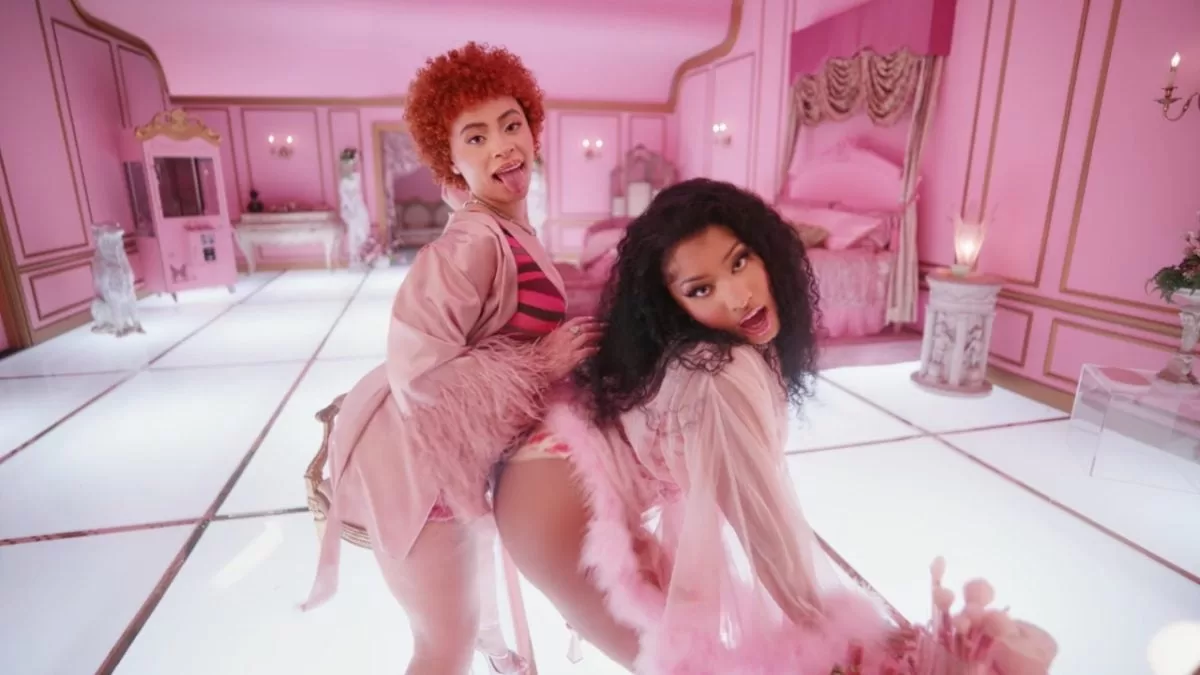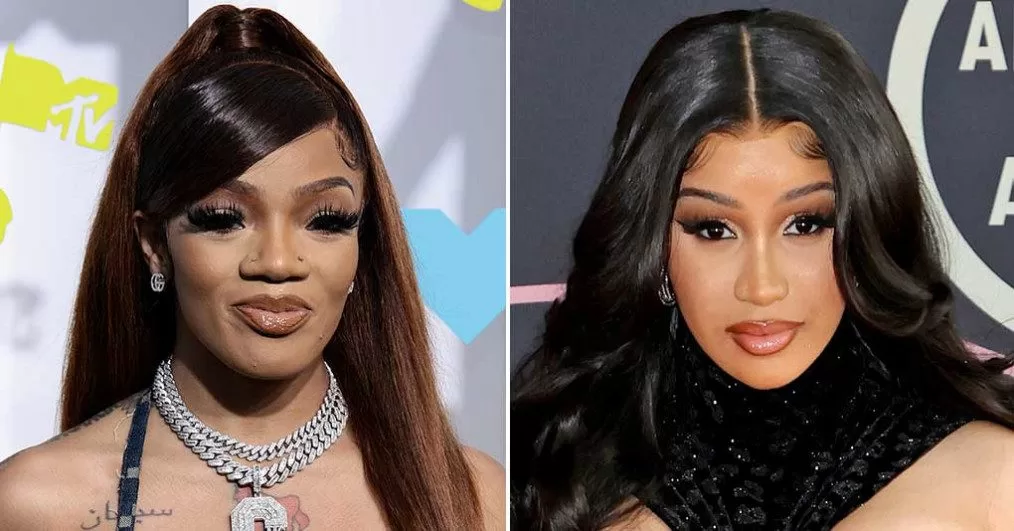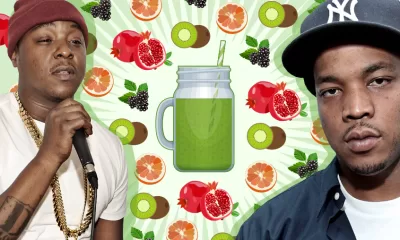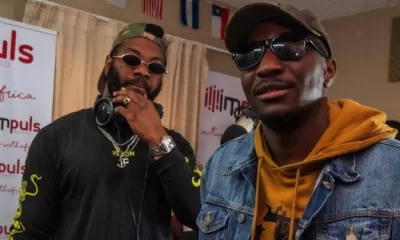Editorial
The Fight for Expression in Russian Hip Hop

Russian hip hop, as a powerful medium for social and political expression, has often found itself entangled in a web of censorship and restrictions imposed by the government. Artists face challenges in freely expressing their opinions, as their lyrics and performances are scrutinized for potential dissent or incitement. In this article, we delve into the facts surrounding censorship and freedom of expression in Russian hip hop, exploring specific instances, legal implications, strategies employed by artists, and the impact on the authenticity and message of their music.
Facts About Censorship and Freedom of Expression in Russian Hip Hop
Russian hip hop artists have experienced various forms of censorship and restrictions in recent years. One such case involves rapper Oxxxymiron, whose song “Gorgorod” was banned by the Russian media regulatory agency due to explicit content. This ban hindered Oxxxymiron’s mainstream visibility and career growth. Additionally, rapper Husky faced arrests and concert cancellations for performances that were deemed to be inciting public unrest, sparking debates on freedom of expression.
The Russian government justifies its control and censorship of hip hop music based on concerns over preserving traditional values, maintaining social stability, and preventing the dissemination of content deemed harmful or inappropriate. Although there are no specific laws targeting hip hop, legal provisions and regulations can be applied to restrict artistic expression, such as laws against obscenity and public order.
However, some artists have successfully challenged or overturned censorship decisions. Rapper Timati, for example, filed a lawsuit against the media regulatory agency, leading to the restoration of his song “Moscow Never Sleeps” on major television networks. Legal avenues, such as lawsuits and working with media law specialists, can be pursued to contest censorship decisions.
Comparison to Other Artistic Forms
Censorship in Russian hip hop shares similarities with other art forms, including literature, film, and visual arts. The government employs similar control mechanisms, utilizing legal provisions, media regulations, and state-controlled platforms. However, hip hop, with its confrontational and socially critical nature, often becomes a particular target. Its association with youth culture and potential for mobilizing dissent make it a potent tool for expressing political and social criticism, resulting in heightened scrutiny and restrictions.
The Role of Record Labels and Music Platforms
Record labels and music platforms play a significant role in navigating the censorship landscape for Russian hip hop artists. Due to the potential repercussions and legal consequences, these entities often exercise caution when dealing with controversial or politically charged content. In some cases, they may refuse to release or promote certain songs to avoid conflicts with regulatory authorities or damage to their reputation.
The Treatment of Mainstream and Underground Artists
There are notable differences in the treatment of mainstream and underground hip hop artists in terms of censorship. Mainstream artists who align with the government’s agenda or produce “patriotic” hip hop face fewer restrictions and enjoy more support from state-controlled media platforms. In contrast, underground artists, who challenge the status quo and address sensitive issues, face greater scrutiny and potential censorship. This differential treatment limits the diversity of voices within Russian hip hop and suppresses dissenting viewpoints.
Response and Strategies of Artists
Russian hip hop artists employ various strategies to navigate censorship challenges and ensure their messages reach their audience. They may use creative and metaphorical language to convey their messages indirectly, avoiding explicit references that could be targeted by censors. Additionally, artists rely on alternative platforms and digital media to distribute their music and express themselves freely. Social media platforms like VKontakte (VK) and YouTube have become crucial avenues for independent artists to bypass traditional media channels and connect directly with fans.
Resistance and Pushback
The hip hop community in Russia demonstrates resilience and resistance against censorship, both individually and collectively. Artists use their music as a form of protest, addressing social and political issues despite the risks involved. There have also been organized efforts, such as open letters, signed by prominent hip hop artists, condemning censorship and advocating for artistic freedom.
Impact of Self-Censorship
Self-censorship is prevalent among Russian hip hop artists, driven by fear of legal consequences, concern for personal safety, and the desire to maintain relationships with record labels and platforms. This impact compromises the directness and authenticity associated with hip hop. However, artists find creative ways to navigate these challenges, using subtle metaphors and wordplay to convey their messages indirectly.
Digital Platforms and Social Media
The rise of digital platforms and social media has significantly impacted the ability of Russian hip hop artists to reach their audience and express themselves freely. Artists can bypass traditional media outlets and connect directly with fans through platforms like VKontakte (VK) and YouTube. These online spaces provide opportunities for independent artists to disseminate their work and engage in discussions, expanding the possibilities for artistic expression despite censorship challenges.
Top Russian Hip Hop Artists & Their Songs
Oxxxymiron:
-City of Gods
-Bad Trip
-Pluto’s Baby
GONE.Fludd:
-Ice
-Money
-Vendetta
Eljay:
-90-e
-Vspominaet
-Ne vmeste
Basta:
-Istok
-Mama
-Moloko
Lil Morty:
-Ty pobedish
-Priletit
-Ne znayu
Kizaru:
-V mire
-gde net lyubvi
-Eto bylo
-Nastupayu
Hamza:
-Ty ne znaesh
-Kak mne plokho
-Eto moy mir
-Priletayu
MORGENSHTERN:
-Karlson
-Patsan
-Yung Hefner
T-Fest:
-Eto moy gorod
-Eto moy klub
-Vse budet khorosho
Conclusion
Russian hip hop artists face censorship and restrictions that impede their freedom of expression. Instances of banned songs, arrests, and concert cancellations highlight the challenges they encounter. However, artists demonstrate resilience and find ways to navigate the censorship landscape, employing creative strategies and utilizing digital platforms to connect with their audience. The collective resistance of the hip hop community reflects a determination to advocate for freedom of expression and challenge restrictions, ensuring the continued impact of Russian hip hop as a powerful form of artistic and social commentary.







































